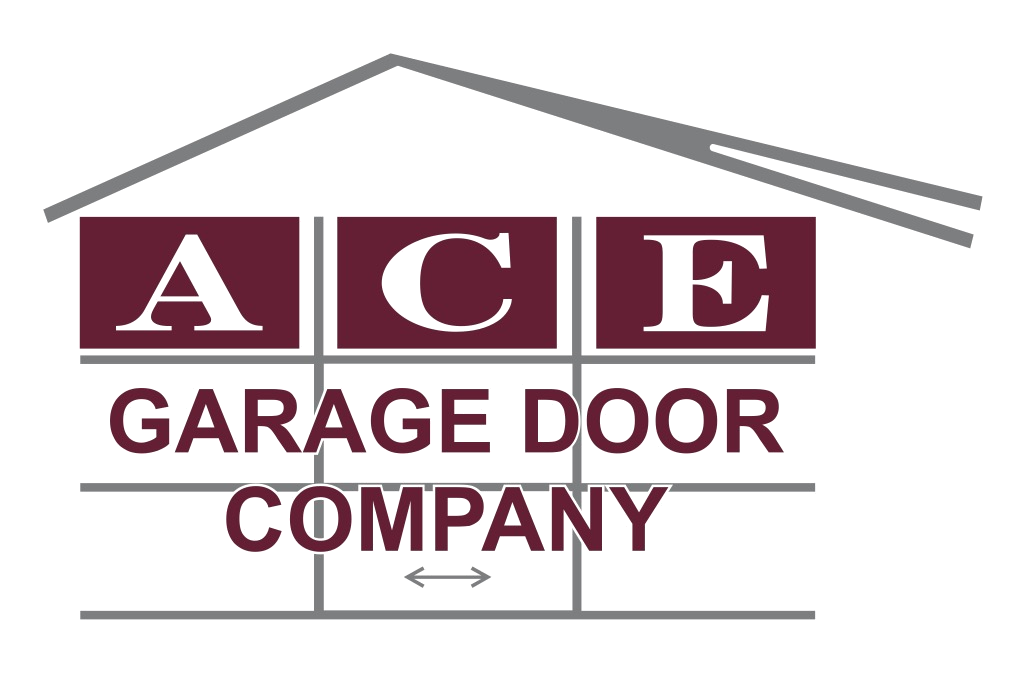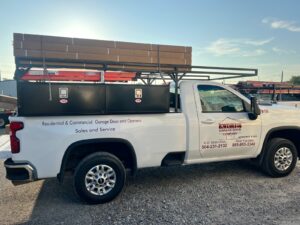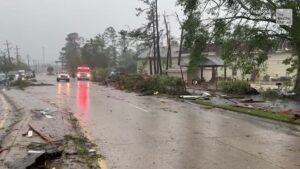In recent years, the concept of hurricane-proof garage doors has moved from being a luxury to a necessity, especially in regions prone to extreme weather conditions. At Ace Garage Door LLC, we’ve noticed a trend where homeowners believe their existing garage doors are hurricane-proof, often mistaking basic features for storm-readiness. This misconception can lead to devastating consequences when severe weather strikes. So, how can you be absolutely certain that your garage door is up to the task of withstanding a hurricane?
Understanding Wind Codes and Certification
The first step in ensuring your garage door is hurricane-proof is to understand the wind codes that apply to your area. These codes are essentially regulations that set the minimum requirements a garage door must meet to be considered wind-resistant. Most new construction projects are now mandated to have hurricane-rated garage doors. However, it’s not enough to simply assume your door meets these standards; you need to verify it. Look for a certification sticker usually located at the bottom of the door. This sticker will indicate the door’s wind code rating and is a clear sign that the door has been tested and certified for wind resistance.
Struts, Bracing, and Hardware
The structural integrity of a garage door in the face of high winds is largely determined by its strutting and bracing system. A standard, non-wind-rated door typically features a single 2-inch strut at the top. However, a genuinely wind-rated door will have at least one 3-inch strut per panel, providing the door with the rigidity it needs to withstand high winds. But struts and bracing are just part of the equation. The hardware also plays a crucial role. A hurricane-proof door will feature heavy-duty hardware, including 11-gauge commercial hinges that are robust enough to hold the rollers securely in place, ensuring that the door remains on its track even during a violent storm.
Track Thickness and Market Factors
Another key feature to consider is the track on which the garage door moves. A hurricane-rated door will have a thicker, more robust track—often referred to as a 0.83 track—to accommodate the additional weight and pressure exerted by the door during high winds. However, it’s important to be cautious. The competitive market and the rising costs of materials have led some manufacturers to cut corners, offering doors that may look hurricane-proof but lack the necessary certification and hardware. These doors are not only unreliable but could also be dangerous in the event of a hurricane.
The Risks of Non-Certified Doors
The dangers of having a non-certified door cannot be overstated. If your garage door fails during a hurricane, the consequences can be catastrophic. You could lose your roof, suffer extensive sheetrock damage, and face other severe structural issues. Therefore, it’s absolutely critical to ensure that your garage door is certified and genuinely hurricane-proof. At Ace Garage Door LLC, we offer a wide range of certified garage doors that meet all the criteria for hurricane resistance. Your safety should never be compromised; make sure your garage door is up to the task.
 Skip to content
Skip to content








